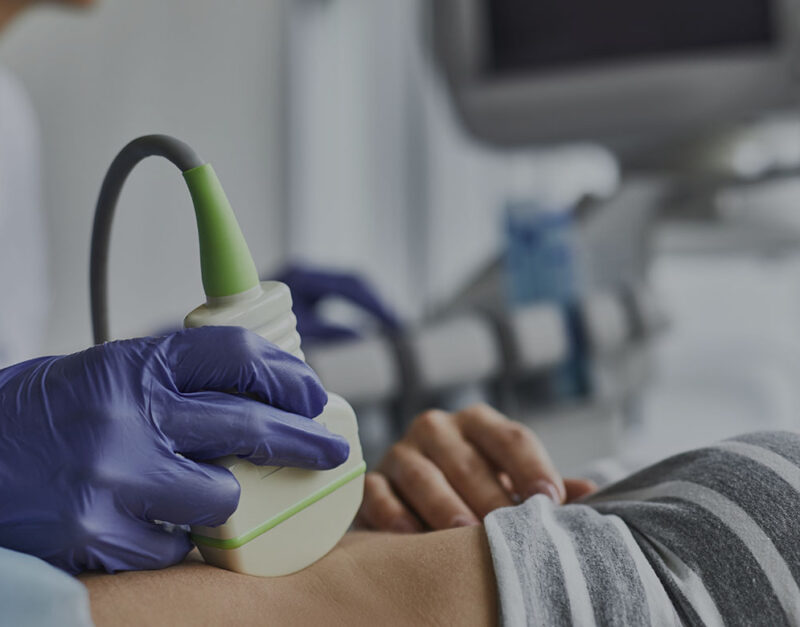 April 26, 2023
April 26, 2023 A mother’s exposure to toxic “forever chemicals” early in her pregnancy can lead to lower sperm count and sperm mobility later in her son’s life, according to a new study that is the first to examine exposure during early pregnancy to more than two PFAS compounds.
“It makes sense that exposure to substances that mimic and interfere with the hormones involved in this delicate process can have consequences for semen quality later in life,” study co-author Søgaard Tøttenborg of the Copenhagen University Hospital told The Guardian.
PFAS, which are per- and polyfluoroalkyl substances, are known as “forever chemicals” because they build up in humans and do not break down in the environment. Small doses of PFAS have been linked to cancer, reproductive and immune system harm, and other diseases. PFAS are typically used to make thousands of products resistant to water, stains and heat.
The study, published in the peer-reviewed Environmental Health Perspectives, examined semen and reproductive hormones in 864 young Danish men born to women who provided blood samples during their pregnancies’ first trimesters between 1996 and 2002.
Researchers examined the mothers’ blood for 15 PFAS compounds and found seven in large enough concentrations to include in the study.
The study found that mothers with higher levels of exposure to PFAS more frequently raised adult men with lower sperm counts and elevated levels of sperm that were less mobile, both of which can lead to infertility.
PFAS are estimated to be in 98% of Americans’ blood, and they can cross the placental barrier and accumulate in the growing fetus. A recent analysis of 40 studies of umbilical cord blood from around the world found that PFAS were detected in all 30,000 samples collectively examined.
Infertility rates are on the rise worldwide, Tøttenborg said.
“The results of our studies are an important piece in that puzzle,” she said. “Equally important: the more we know, the more we can prevent.”
The study builds on others that found similar issues, The Guardian reported, but it is the first to look for exposure to more than two PFAS compounds and to examine exposure during early pregnancy, which is the male reproductive organ’s primary developmental period.
PFAS chemicals are widely used to make products resistant to oil, heat, stain, or water. They are found in everything from cosmetics to outdoor gear and non-stick pans. They also are used to coat paper and cardboard wrappers for fast food and bakery goods. They lurk in stain-resistant furniture and carpets treated with stain- and water-repellant chemicals.
How We Help Victims of Pesticide Exposure
Seek justice with the help of our experienced lawyers. Our Dallas, Texas, pesticide law firm has battled corporate giants on behalf of individuals like you for 20 years, aggressively fighting to hold them responsible for dangerous chemicals and the birth defects and personal injuries they cause. If you have a child with birth defects caused by dangerous products, we can help.


